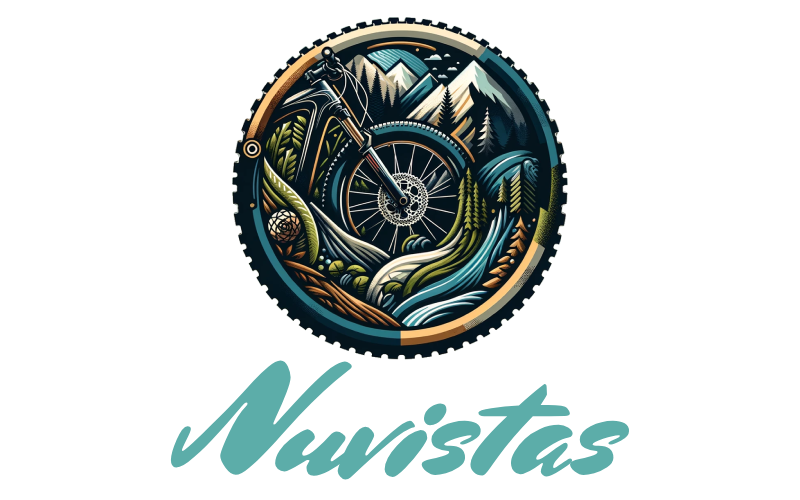Hunting dogs, known for their unmatched loyalty and specialized skills, are more than just pets; they are vital companions in the field and cherished members of the family. The care and maintenance of these canines go beyond basic pet ownership, intertwining with the traditions of hunting, the nuances of breed-specific needs, and the deep bonds formed in the silence of the woods. This article explores the multifaceted aspects of maintaining hunting dogs, ensuring they are healthy, happy, and ready to accompany you on your next outdoor adventure.
The cornerstone of a hunting dog’s care is its health and nutrition, tailored to its energetic lifestyle and the demands of the field. High-quality, protein-rich diets fuel their rigorous activities, supporting muscle repair and energy levels. Consultation with a veterinarian can help you choose a diet that complements your dog’s age, breed, and level of activity. Regular health check-ups, vaccinations, and parasite control are crucial to prevent diseases that can affect their performance and wellbeing. The physical demands placed on hunting dogs also highlight the importance of prompt attention to any signs of injury or discomfort, with a keen eye for issues like joint stress or paw injuries, common in dogs covering rough terrains.
Training and conditioning form the backbone of a hunting dog’s development, blending natural instincts with disciplined behavior. The training begins with basic obedience, progressively incorporating skills tailored to hunting tasks, such as tracking, retrieving, and following commands in the field. Consistency and patience in training reinforce these skills, ensuring the dog can perform under varying conditions. Conditioning, paralleling the training in importance, involves regular exercise and activities that simulate field conditions, preparing the dog physically and mentally for the hunt. This regimented approach to training and conditioning not only sharpens their abilities but also strengthens the bond between the dog and its owner, a critical element in the hunting partnership.
The mental and emotional well-being of hunting dogs is as essential as their physical health. These intelligent and active breeds thrive on engagement and challenges. Incorporating play and exploration into their routine prevents boredom and stress, promoting a balanced temperament. Socialization from a young age, exposing them to different environments, sounds, and people, helps in developing well-adjusted dogs, capable of focusing on the task at hand during hunts and relaxing at home. Understanding and respecting the dog’s limits, and giving them time to rest and recover after hunting expeditions, are paramount in maintaining their enthusiasm and longevity in the field.
Safety measures are an indispensable part of caring for hunting dogs, given the potential hazards they face. Investing in high-visibility gear, GPS collars, and training on recall commands can prevent accidents and ensure their safety during hunts. Precautions against wildlife, toxic plants, and environmental extremes are also crucial, with preparedness plans for emergencies or injuries away from immediate veterinary care.
In conclusion, the maintenance of hunting dogs demands a comprehensive approach that intertwines their physical, mental, and emotional health with the practicalities of training and safety in the hunting context. It’s a commitment that extends beyond the hunting seasons, rooted in a deep understanding of the dog’s needs and the unique challenges they face. Through diligent care, consistent training, and a focus on well-being, hunting dogs can not only excel in their roles in the field but also lead fulfilling lives as part of the family. The bond forged between hunter and dog in the quiet moments of anticipation in the wild is built on mutual respect and care, highlighting the responsibility hunters have to their canine companions, ensuring they are as prepared for the home as they are for the hunt.
